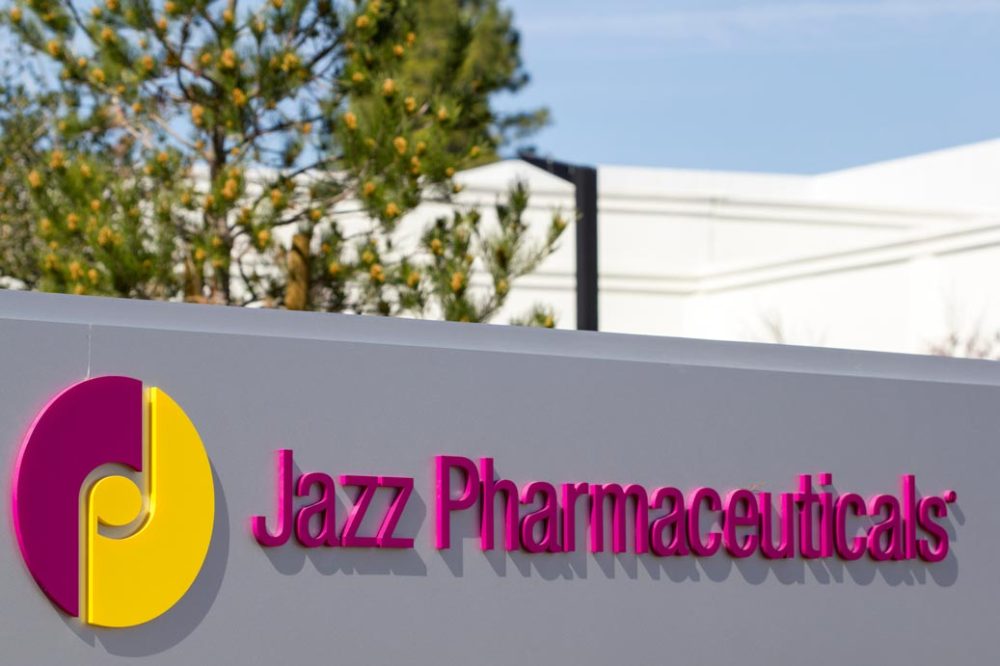Advertisment
Update on cannabidiol oral solution phase III trial in Japan in treatment-resistant epilepsies – Jazz Pharma

Jazz Pharmaceuticals plc announced top-line results from the Phase III open-label, single-arm trial in Japan evaluating the safety and efficacy of cannabidiol oral solution (marketed as Epidiolex/Epidyolex globally) as an adjunctive treatment for seizures associated with Lennox-Gastaut syndrome (LGS), Dravet syndrome (DS) or tuberous sclerosis complex (TSC).
The trial did not meet the primary efficacy endpoint of a pre-specified percentage change in indication-associated seizure frequency during the treatment period (up to 16 weeks) compared to baseline in Japanese pediatric patients; however, numeric improvements were observed in the primary and several secondary endpoints. No new safety signals were observed in the trial.
“We are confident in the overall clinical profile of Epidyolex, which has been established in five Phase III clinical trials in more than 900 patients. We believe the totality of the Epidyolex global data, including the findings from this trial, supports advancement of the program in Japan,” said Rob Iannone, M.D., M.S.C.E., executive vice president, global head of research and development of Jazz Pharmaceuticals. “We are continuing to collect data in Japanese patients and plan to engage with regulatory authorities in Japan regarding a potential new drug application (JNDA). We recognize the significant unmet need for patients in Japan living with rare epilepsies and thank the investigators, patients and caregivers who are involved in this trial.”
About the Phase III Trial : The Phase III open-label, single-arm clinical trial investigates the safety and efficacy of cannabidiol oral solution (GWP42003-P) for the treatment of seizures associated with LGS, DS or TSC in Japanese pediatric patients. The trial includes a pre-specified primary efficacy outcome measuring the percentage change in indication-associated seizure frequency during the treatment period (up to 16 weeks) compared to baseline in 62 patients ? 1 to ? 18 years of age. The trial design includes a treatment period consisting of an initial 2-week titration period followed by a 14-week maintenance period; and a period evaluating safety for up to 52 weeks of treatment. The trial remains ongoing to collect efficacy and safety data in pediatric and adult Japanese patients.





